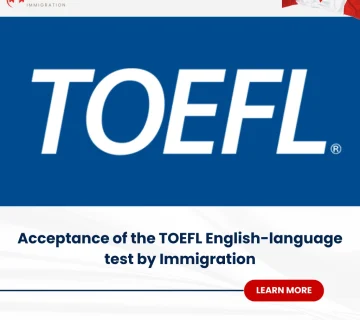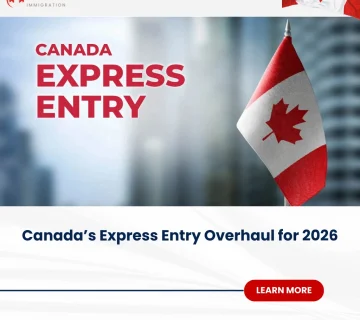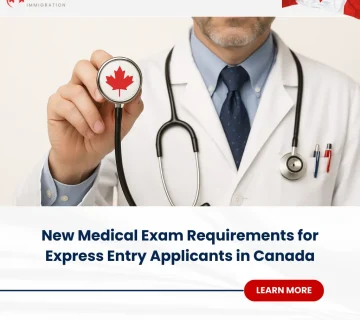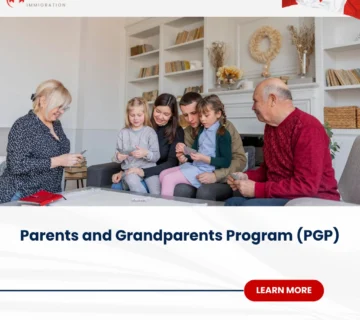
IRCC Refusals
In an effort to enhance clarity and fairness in immigration decision-making, Immigration, Refugees and Citizenship Canada (IRCC) has introduced a significant policy update. As of July 29, 2025, IRCC began automatically including officer decision notes in refusal letters for specific application types. These notes come directly from the officer who assessed the file and outline the actual reasoning behind the IRCC Refusals decision.
This marks a turning point for many applicants who, until now, had limited visibility into the internal thought process of immigration officers. In the past, applicants had to submit a formal Access to Information and Privacy (ATIP) request often waiting weeks to obtain what is known as GCMS notes (Global Case Management System). These notes were essential for understanding why an application was refused and how to improve it. With the new system, applicants can access critical feedback instantly, without the need for extra paperwork or long delays.
By taking this step, IRCC is aiming to build greater trust in the immigration system and reduce administrative burden while empowering applicants to make more informed decisions about next steps, such as resubmitting a stronger application or pursuing legal remedies.
Which Applications Are Covered?
In Phase 1, officer decision notes are now included in refusal letters for the following applications:
- Temporary Resident Visas (TRVs)
- Visitor Record extensions
- Study Permits
- Work Permits
- Extensions of any of the above
Why Does This Matter?
Previously, applicants had to file a formal ATIP request to access the officer’s internal notes (commonly referred to as GCMS notes). That process could take weeks or months and created significant delays.
Now, for many types of refused applications, you’ll no longer need to wait. The officer’s notes will be delivered directly with your refusal letter making the process faster, clearer, and less stressful.
Reducing Backlogs, Improving Client Experience
According to IRCC, a pilot test of this new process showed a 57% drop in ATIP requests when officer notes were included in refusal letters for TRVs. This demonstrates both the demand for transparency and the efficiency gains this change offers.
Key Limitations to Keep in Mind
- Some officer notes may still be very brief or templated, offering limited insight.
- Portions of the notes may be redacted for privacy or security reasons.
- You may still need to submit an ATIP request if you require the full GCMS file or unredacted details.
What This Means for You
If your application was recently refused, and it falls under one of the above categories, review your refusal letter carefully there may be valuable officer notes attached. These notes can offer crucial guidance for a stronger re-submission, a procedural fairness response, or even a judicial review.
At Uniland Immigration, our regulated immigration consultants are ready to help you understand the notes, identify legal concerns, and take the next step with confidence.
Reference: canada.ca






